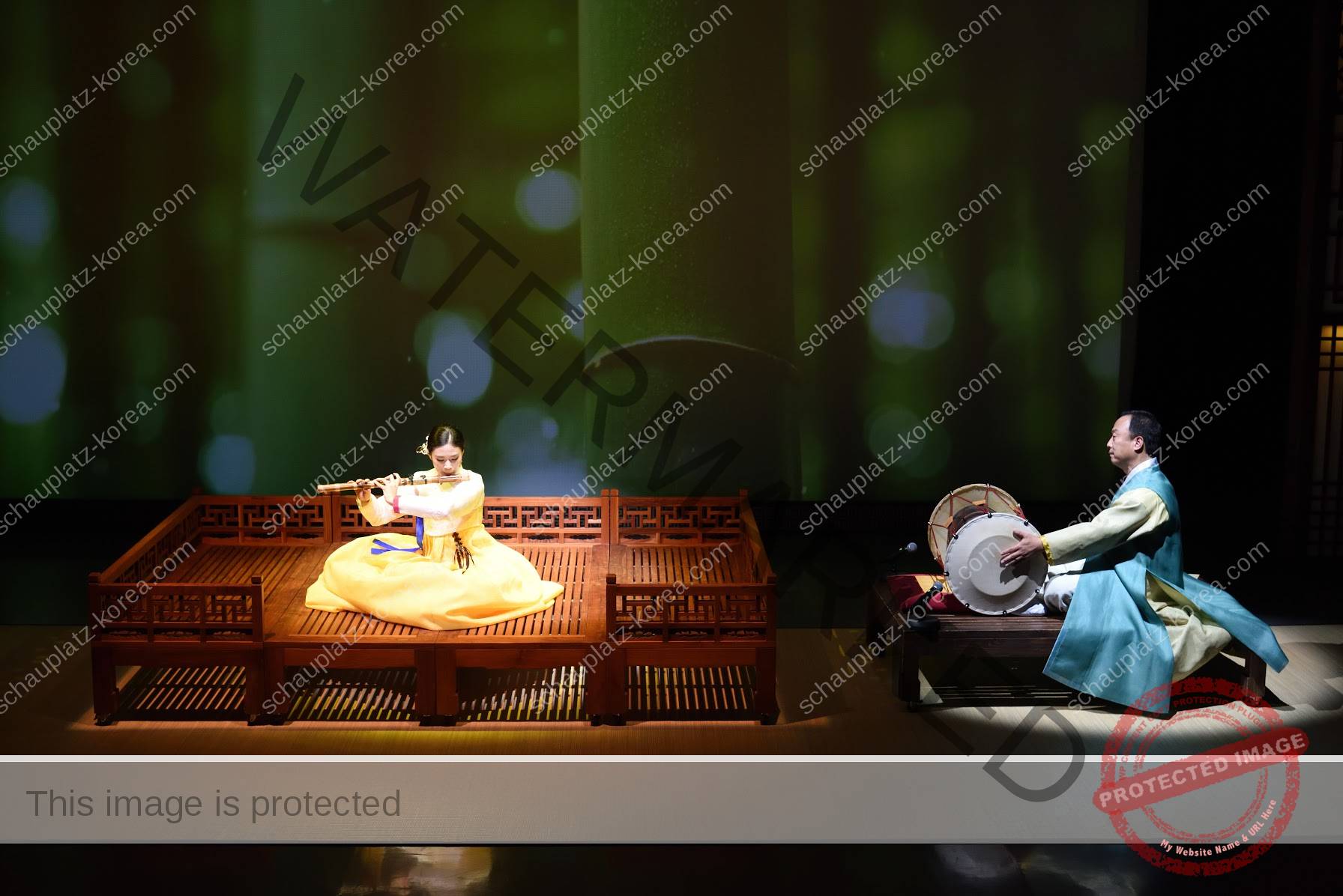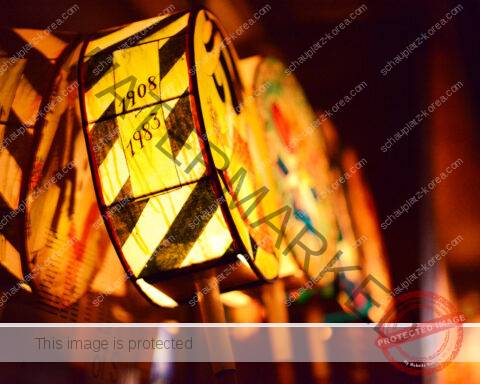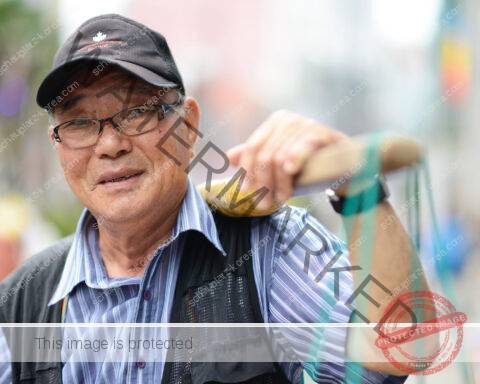Some say that traditional Korean music is boring. Also, other people told me that listening to this music makes them cry. If you are not grown up with Korean traditional music, listening can be very irritating and typically it becomes a question of love and hate. Above all it is not common for a young Korean woman to major in Korean folklore music, gugak (국악)as we call it. The term gugak describes the whole field of Korean traditional music, and the term means ”National Music”. To be frank, gugak or Korean traditional music is not something that today’s young people can easily enjoy. Meanwhile, some people say that gugak is all about “han(한)” or the feeling of resentment or sorrow, while others say that “heung(흥)” or cheerfulness or excitement is the prevalent emotion of Korean music.
I usually play an instrument called ‘Daegeum‘. That is one of the many Korean ‘wind’ instruments. It’s a large transverse bamboo flute with a buzzing membrane. It is made by drilling a hole in bamboo. Traditionally, instruments were classified under the Chinese “eight sonorous sound” system as metal, stone, earth, skin, silk, wood, gourd, and bamboo. Bamboo’s naturally hollow interior was thought to be symbolic of the Confucian values of humility and modesty; its hardiness in winter was symbolic of human endurance and longevity.

The Daegeum’s tones vary depending on how the performer makes sounds, and several moods can be expressed with the fine tones and tunes. More and more communication between the performer and the instrument is needed to know the character of the performer from the sound of the Daegeum.
Traditional music was just a natural thing for me. Since I was 5 years old, I have enjoyed traditional Korean music as simply as singing folk songs and playing musical instruments. At the age of 12, I wanted to learn traditional music more professionally, so I took the exam to enter a vocational school. I made a great effort at a young age to get into school. But unfortunately, I failed the exam and could not enter the school. The fact that I failed the pass made me hate to play Korean traditional music. After that, I wandered until I was 16. During a year, my dreams changed dozens of times, and I spent meaningless times without being able to decide on my course.
One day, I found myself missing traditional music. When they learned traditional music in school class, they gave presentations and performed. Still, I was fond of this music. I was truly happy to listen to this music and play it. Eventually, I took another exam and passed the traditional art high school, and graduated. My growth was great enough to complete one song in one month after learning the instrument. It seemed that I exploded what I had endured. To me, Korean traditional music is precious and valuable.
14 hours of daily practice
Korean traditional instruments are very difficult to make good sounds. Of course, not only Korean instruments but also all instruments are difficult to make good sounds, but especially Korean traditional instruments are difficult to “make sounds.” Even if you know how to play it, it is difficult to play music if you don’t make it a habit or if you don’t try hard enough. This is why I like Korean traditional music. I try various ways to make the sound of this instrument, try hard, and find myself. To give you an idea, during my studies this resulted in 14 hours of daily practice, afterward 8 hours if there is a period to prepare for a competition or any other sort of performance. During intermission, 2 hours a day will due.


Weirdly, this music sounds sad when you listen to it when you are gloomy and exciting when you are happy. It’s as if my music and I are closely interlinked.
The feeling of appreciating the Daegeum performance is difficult to describe in words, but it seems to be expressed deep inside the heart.
Suyeon Ko
There is the notion that music comforts the feelings of sadness, but particularly Daegeum can feel sad and comforting at the same time. It is a mysterious sound that is sometimes lonely and sometimes thankful. It’s very dreamy and magnificent. Besides, it is an instrument that resembles nature most. The naturalness and mysteriousness of its melodies are unmatched by any other music in the world.

It’s a sad reality, but even Koreans don’t know much about Daegeum. Appreciating the beauty of old Korean tunes might only grow with time as much as you grow as a person. Since ancient times, our nation has been comforted by music. Music has played and continues to play a vital role in our society. I’d love to invite you to listen for yourself and delve into the music of the mind and spirit.






Aw, this was an extremely nice post. Taking the time and actual effort to make a top notch article… but what can I say… I put things off a lot and don’t seem to get anything done.